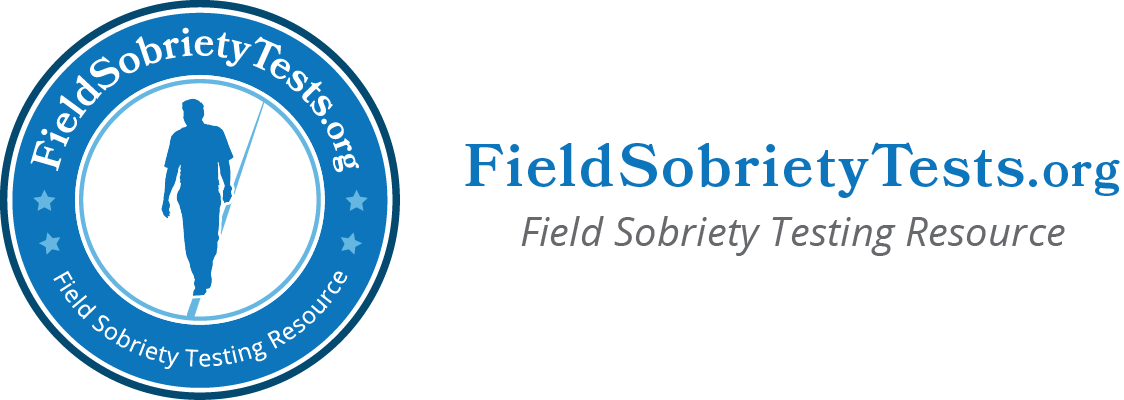Accuracy of Field Sobriety Tests
Because law enforcement agencies use field sobriety testing to establish probable cause in drunk-driving arrests, many people assume that the tests are accurate; however, a number of researchers and defense attorneys would argue that these are an unreliable method of determining impairment.
Field Sobriety Test Accuracy
During the late 1970s, the National Highway Traffic Safety Administration (NHTSA) tasked the Southern California Research Institute (SCRI) with evaluating the dozens of field sobriety tests that were in use to determine which were the most accurate. The SCRI brought in 10 officers who watched subjects perform various tests, and asked them to determine whether the test participants had a blood alcohol content (BAC) of .10% or higher. After assessing the data, the institute recommended that the horizontal gaze nystagmus, walk and turn and one-leg stand tests be used to test for impairment.
Unfortunately for the people subjected to these tests in the real world, the NHTSA was aware that the officer's error rate for determining BAC level was only 47% in the study. The NHTSA again hired the SCRI to standardize the administration of the tests in an effort to reduce this error rate. They found that standardizing the tests gave the horizontal gaze nystagmus a 77% accuracy rate, the walk and turn a 68% accuracy rate and the one-leg stand a 65% accuracy rate—and when all three were used together, they were correct 82% of the time.
Scientists will argue that these accuracy rates do not support the reliability of the standardized field sobriety tests. In fact, when these tests are correct, they are only indicative of BAC level, and not ability to drive a car. Overall, the field sobriety tests are not a scientifically proven method upon which to base a DUI charge.
Challenging Field Sobriety Tests
There are expert witnesses who study the field sobriety tests, and understand their weaknesses. Any person arrested for drunk driving on the basis of a field sobriety test score is encouraged to challenge these tests in an effort to fight their criminal charge.
